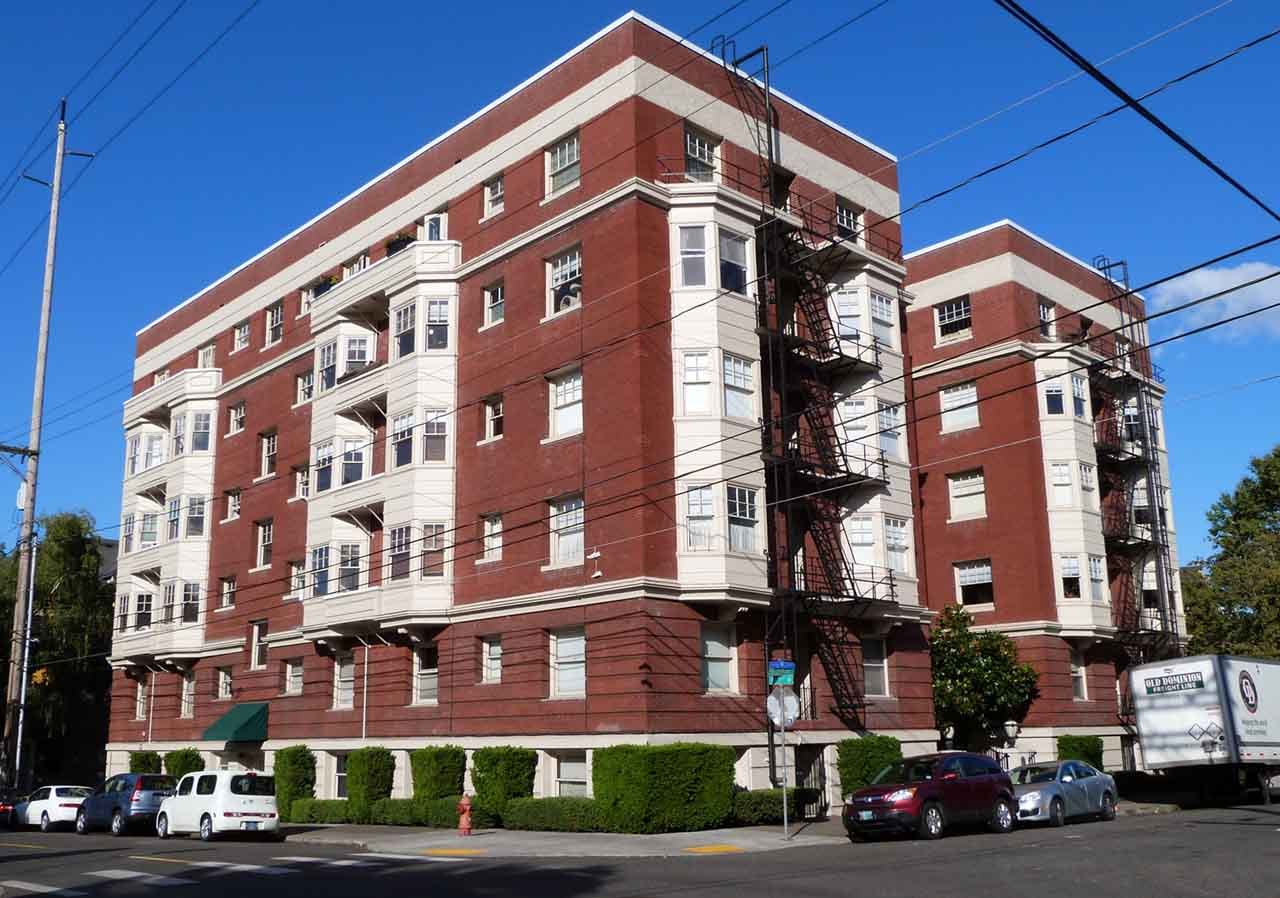Expiry of Pandemic Ban on Overdue Rentals and Evictions Sees Drastic Increase in Eviction Notice Filings

A study reveals that the state’s affordable housing providers and tenants are under increasing financial pressure now that the pandemic ban on overdue rentals and evictions has expired.
Yi Wang, co-author of a report entitled Eviction in Oregon’s Subsidized Affordable Housing, published by Evicted in Oregon, says there is a drastic increase in the number of eviction filings. The report reveals that 5,400+ eviction notices have been filed by Oregon affordable housing landlords during the first half of 2024.
Key Findings of a New Subsidized Affordable Housing Report
Key findings in the report reveal that while eviction filings were less common in subsidized housing, they were more likely to end in a judgment for the landlord.
Housing-authority-contracted management companies and nonprofit housing providers are responsible for a disproportionate share of eviction filings in subsidized housing.
Nonpayment of rent for subsidized housing is the most common cause for evictions.
The disparity in legal representation between tenants and landlords is greater for eviction cases in subsidized housing.
5,400 Subsidized Housing Eviction Notices Filed in 2023
The report shows that more than 5,400 eviction notices were filed by subsidized housing providers in 2023 when the annual eviction filing rate was 2.5 for every 100 units.
While subsidized housing evictions are lower than the mainstream rental market, state researchers are concerned about the viability of the affordable housing sector which needs increased funding to support monitoring, prevention, diversion efforts, and eviction tracking.
Governor Tina Kotek’s housing and homelessness initiative director, Matthew Tschabold said at a state senators hearing on Tuesday that his office is aware of the financial challenges faced by affordable housing providers because of rising costs, reduced revenues, and inflation.
Addressing the Senate Interim Committee on Housing and Development in a routine legislative update, Tschabold said the viability of affordable housing is at risk and could potentially leave residents homeless.
The Governor’s two-year budget proposal is scheduled for release in December.
State researchers point out that the figures are conservative because they exclude the numerous eviction notices that never reach the courts.
Co-author of the report, Lisa Bates a professor heading the Evicted in Oregon team, says many evictions never show up on the database. This is because eviction notices are often resolved when tenants choose to vacate the properties.
The eviction notice process begins when a landlord serves a tenant with a termination notice, explaining the reason for the eviction and the date that the tenant must vacate the property.
